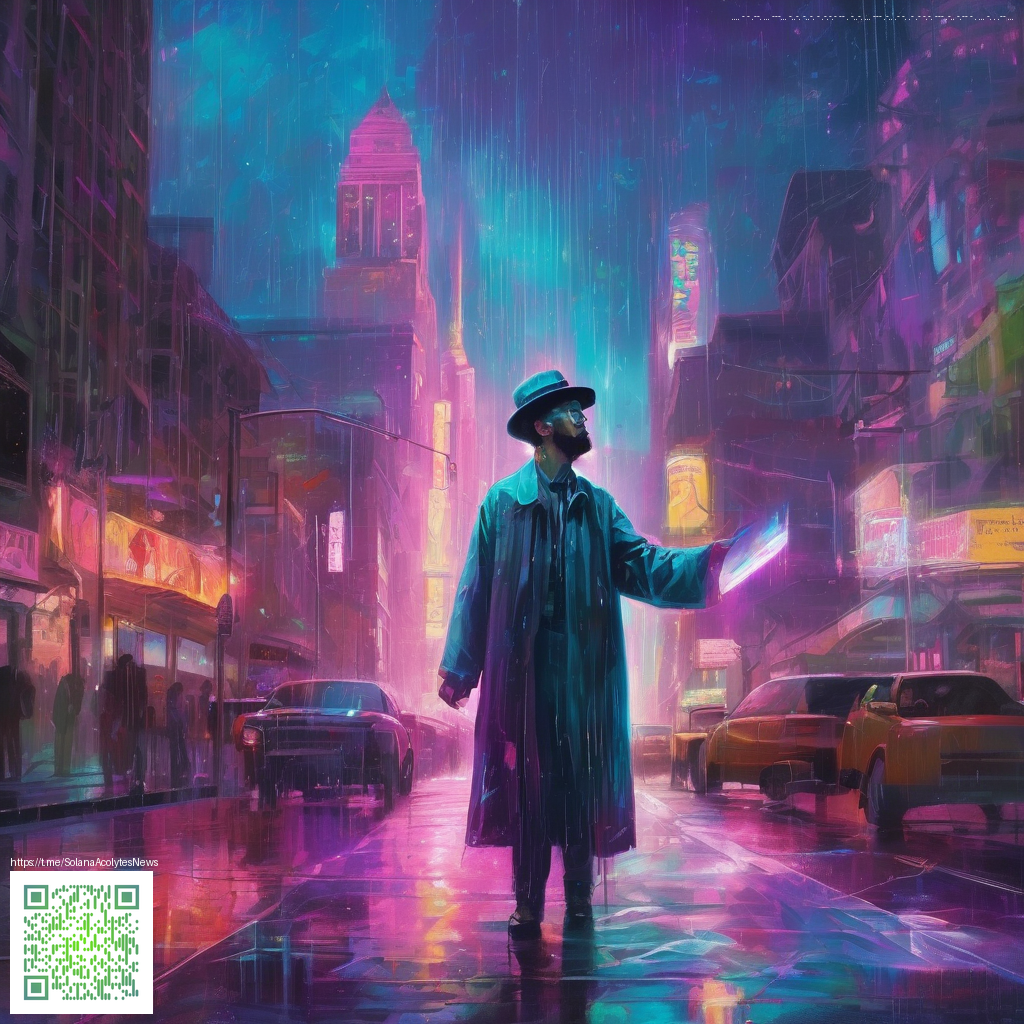
VR support overview for Brain Age
The idea of a virtual reality adaptation for a long running brain training series has fans buzzing. The core experience in this classic focuses on quick microgames that exercise attention, arithmetic, and language tasks. Translating that into virtual reality opens doors to immersive 3D environments while also raising important questions about comfort, input methods, and pacing. At present there is no official VR release on any platform and the conversation remains speculative yet energetic 💠
Gameplay implications in a VR setting
In VR the fundamental way players interact shifts from stylus and on screen taps to motion controllers, gaze input, and voice prompts. Brain Age style tasks could become spatial challenges where numbers float in space or where players physically reach for targets on a 3D grid. This could enhance engagement for some players while potentially amplifying motion sickness for others. A well designed VR port would need layered options to adjust comfort, including teleport movement, snap turning, and adjustable speed for motion heavy segments.
Another layer involves pacing. The quick tempo that keeps sessions snappy on handheld devices might overwhelm new VR players if not carefully tuned. Developers could implement a modular system that scales difficulty and duration based on user feedback. The aim would be to retain the brisk, snackable sessions while offering depth through spatial interaction and expanded task variety 🌑
Community insights and expectations
From fan forums to social hubs, players are curious about whether a VR variant would preserve the approachable vibe or transform the series into a more intense cognitive workout. The consensus leans toward a cautious optimism that respects the franchise tone. Community members often discuss accessibility first, praising options that reduce motion discomfort and support a wide range of setups from standalone headsets to PC linked rigs. A thoughtful VR take would emphasize clear instructions, visible comfort meters, and robust accessibility presets 👁️
Some threads highlight how VR could unlock new kinds of microgames that leverage spatial memory or 3D pattern recognition. Others worry about preserving the light hearted, approachable charm that defines brain training. The best discussions balance imagination with practical constraints, acknowledging that any VR edition would need to demonstrate measurable cognitive benefits without overpromising results 💠
Update coverage and official stance
Official channels have not announced a VR adaptation. For fans tracking updates, the absence of a formal statement often signals prioritization of polishing existing experiences over spin off experiments. In parallel, industry trends show a growing appetite for casual yet immersive wellness titles in VR, which keeps the door ajar for a future decision. If a VR version does emerge, it would likely come with a detailed accessibility feature set and a clear communication about cognitive training expectations.
Historically, releases tied to well established handheld concepts sometimes prove slow to cross into VR. This is partly due to the need for redesigned UI, new tutorial scaffolding, and careful health safe guidelines. Until then the best bet for fans remains watching official channels and engaging with developer commentary that explains design choices and player safety considerations 🌑
Modding culture and fan passion
Brain Age has a storied place in gaming history, and while direct modding for a VR port may be unlikely on locked platforms, the community often experiments with concept art and fan made demos. Enthusiasts share mood boards and prototype ideas that sketch possible control schemes or narrative framings for a VR edition. This creative energy helps keep the topic vibrant even when official plans are quiet. Expect a steady stream of speculative threads and fan art that imagine comfort optimized layouts and playful 3D interfaces 🧠
Fan driven curiosity also fuels discussions about accessibility and inclusivity. A VR version would need to make solo play approachable for newcomers and veterans alike, with clear anti motion sickness modes and options to reframe tasks into more gentle experiences. The best discussions treat VR as a potential extension rather than a replacement for the classic pace and feel of the original game.
Developer commentary and design philosophy
Should developers revisit this concept, a core consideration would be how VR changes the learning promises of the game. Cognitive training titles thrive when tasks are simple to initiate, short in duration, and clearly measurable. VR adds spectacle but can complicate calibration. A thoughtful approach would preserve the lighthearted humor and friendly pacing while introducing optional depth through spatial interaction and careful task design. In practice this means prioritizing comfort, readability, and a transparent discussion about what VR can realistically add to brain training rather than promising groundbreaking cognitive leaps 🌙
Ultimately the decision rests with the publisher and platform holders. Until then, the conversation remains a fascinating case study in how traditional casual games might translate to the most immersive hardware on the market. Gamers who love the series can keep dreaming about a future where a headset becomes another friendly companion during a quick mental workout 💠
Further reading and related viewpoints
- Chasing ancient stars with low metallicity clues from a distant blue giant
- Medieval Minecraft builds crafting castles villages and fortresses
- How predictive data shapes Rashmi eternities crafter decks MTG
- Temperature and radius illuminate blue white star luminosity
- Top content strategy mistakes and how to avoid them
Donation and community support
If you enjoy thoughtful analysis and want to support independent game coverage that leans into a decentralized internet ethos, consider joining the community fund via the donation link below. Your support helps sustain in depth coverage and enables more flexible experimentation with future topics 💡
Support the decentralized internet
More from our network
- Chasing ancient stars with low metallicity clues from a distant blue giant
- Medieval Minecraft builds crafting castles villages and fortresses
- How predictive data shapes Rashmi eternities crafter decks MTG
- Temperature and radius illuminate blue white star luminosity
- Top content strategy mistakes and how to avoid them